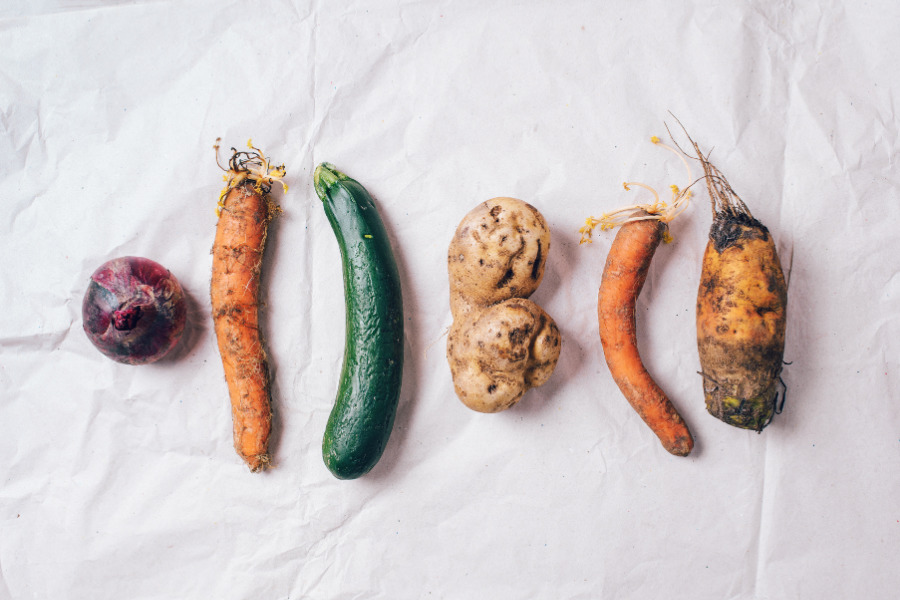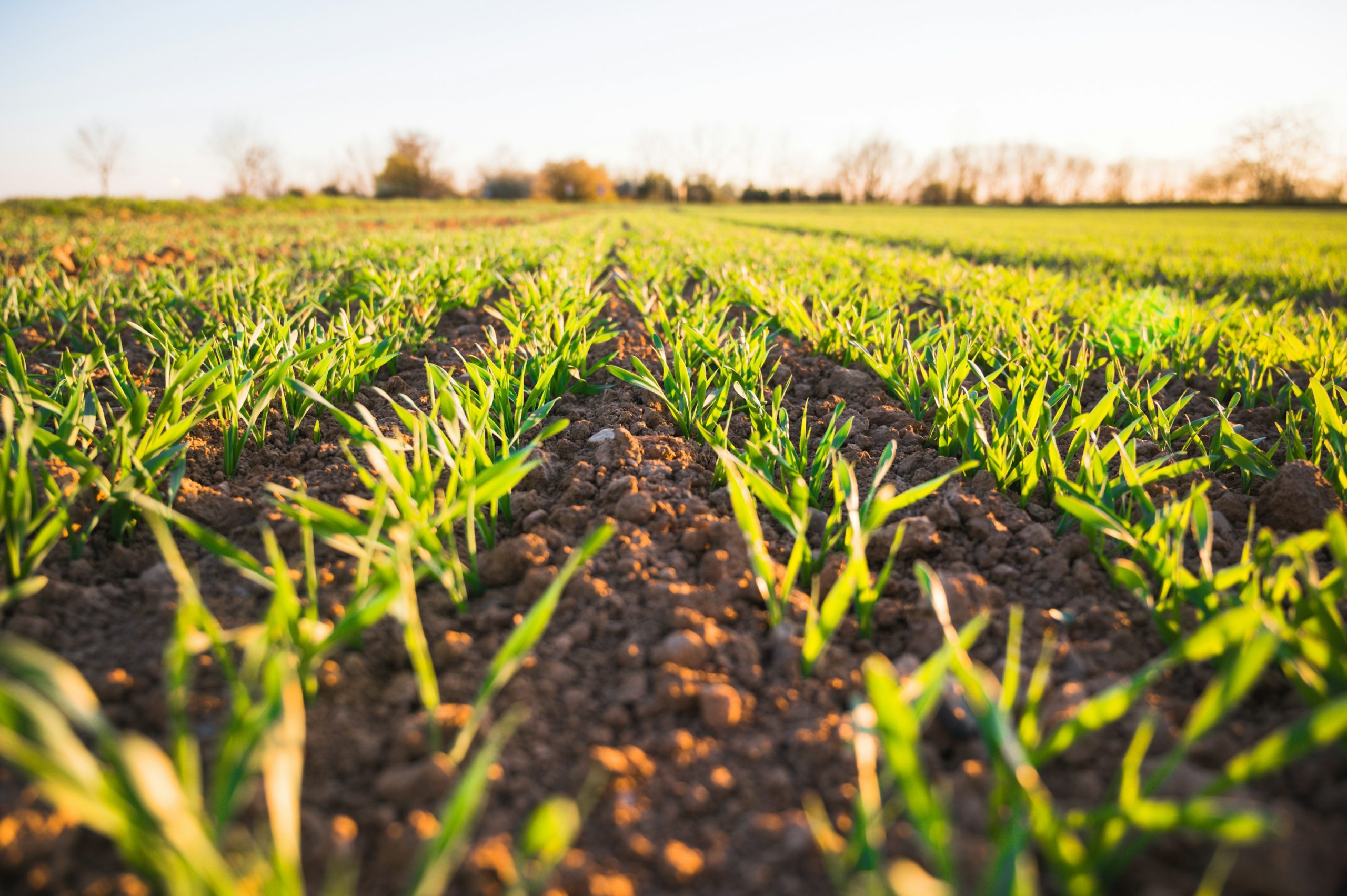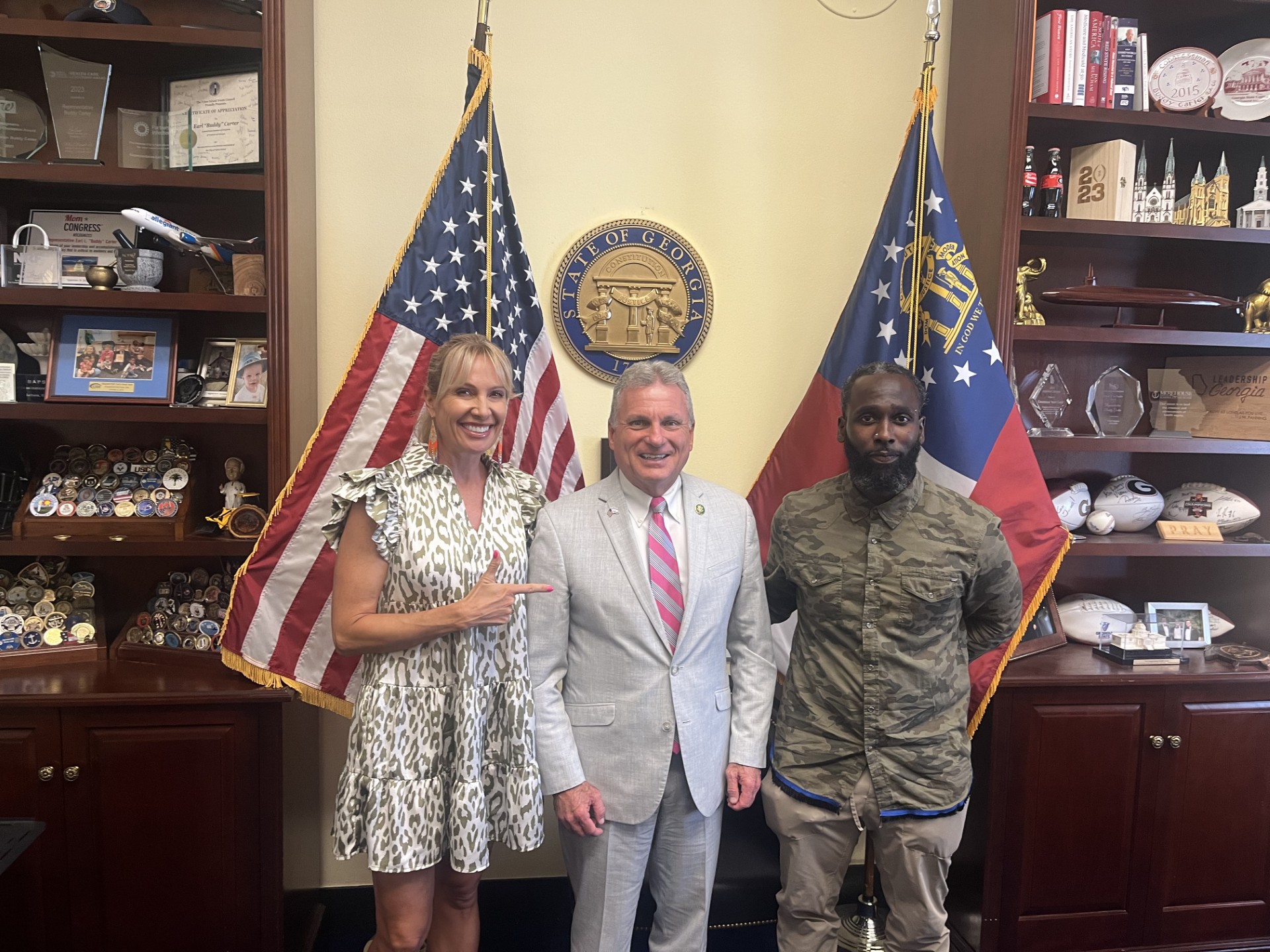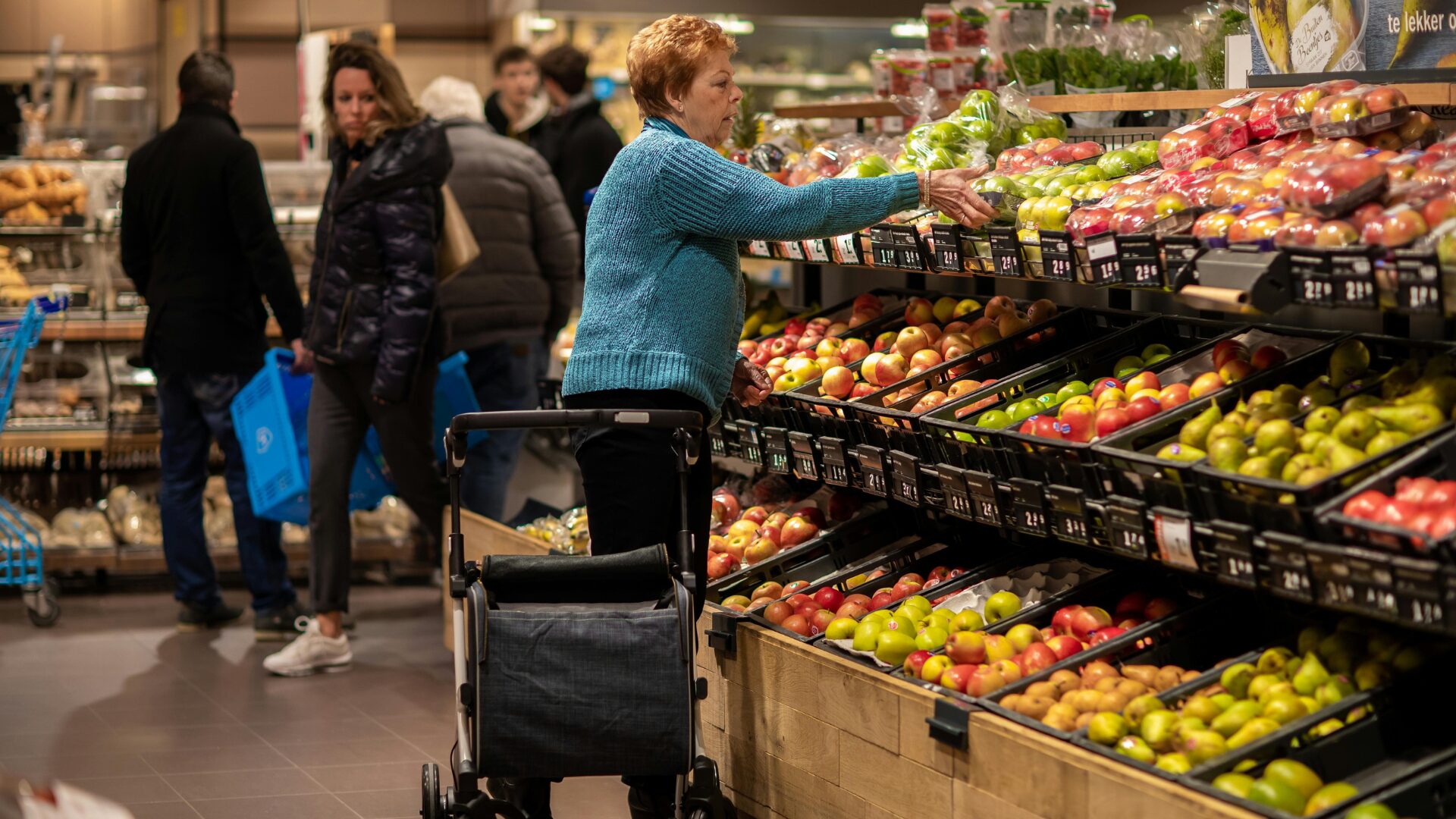Most consumers recognize the importance of addressing climate change.
What may not be top of mind, however, is food waste’s impact on climate change.
When food is wasted, so is the water, fuel and other resources that were used to produce it. And if wasted food heads off to landfill and rots, it produces methane – a greenhouse gas even more potent than carbon dioxide. In the U.S. alone, the production of lost or wasted food generates the equivalent of 37 million cars’ worth of greenhouse gas emissions.
In fact, the U.S. is the global leader in food waste, with Americans throwing away nearly 40 million tons of food every year, according to government data. That translates to about 219 pounds of waste per person and 30-40 percent of the country’s food supply.
As a result, new grocery platforms are advancing sustainability in truly unique ways (and generating significant revenue, too).
Misfits Market
Pennsauken, New Jersey-based Misfits Market is a direct-to-consumer e-commerce platform which buys “ugly” produce from farmers that can’t be sold to stores for various aesthetic reasons and sells it to subscribers at a lower price. The company’s service provides a discount of up to 40% off grocery store prices, according to its website.
“A lot of the time we think of ugly produce as something weird or misshapen,” said CEO Abhi Ramesh in 2019 when talking about how the company started. “But what surprised me is that, for each piece of produce you’ve ever seen, eaten, or bought, there are very stringent size and even color constraints.
“Grocery store buyers work off of pieces of paper passed down from grocery chains that say, `When you’re buying gala apples, here’s the diameter and coloring we’re looking for.’ They send these sheets to farms, and the farmers look at a set of two to three rules on size, color, and shape. If their crop doesn’t meet those constraints at the farm level, they’ll basically just toss it in a separate bin and won’t even bother sending it to the grocery store. It’s crazy because these rules have existed for the past 70-90 years, ever since the modern grocery store popped up. Why do we look at apples based on their size as opposed to whether they’re fresh or taste good?”
The way Misfits Market operates is by sending weekly refrigerated trucks to farmers to pick up food which the farmers know wouldn’t be acceptable to grocery stores, which gets brought to the Misfits Market warehouse where it gets sorted. The company receives the orders via its platform and partners with carriers that deliver that to customers’ doorsteps overnight. (Forbes, April 21)
Forbes reported that the young company has passed the 9-digit in annual revenue threshold, grew five-fold from 2019 to 2020, and serves 400,000 customers every month in 37 states.
The company recently raised $200 million in Series C funding and achieved “unicorn” status.
Imperfect Foods
Another grocery-delivery platform leveraging ugly produce to tackle food waste head on is San Francisco-based Imperfect Foods.
In 2020, Imperfect Foods’ sourcing strategy saved over 50 million pounds of food and avoided over 20,000 tons of carbon dioxide, with their last mile delivery model avoiding another 12,000 tons of carbon dioxide emissions. In addition, the company diverted more than 70% of its material waste from landfill. In 2019, the company expanded its offerings to include pantry goods, dairy, meat and seafood.
The company recently announced its Series D commitment will total $110 million, a $15 million increase from the previously-announced January commitment.
The outlook for farm and grocery innovation
The agriculture industry and supermarkets are taking steps to address climate change, but operators like Misfits Market and Imperfect Foods — who navigate the divide between farm and market — clearly took the ball and ran with it.
Further, with the agriculture industry accounting for about 10 percent of total U.S. greenhouse gas emissions and supermarkets responsible for 10% of all U.S. food waste, there is ample room for other innovative companies to step in and find solutions to the environmental challenges facing these segments.











